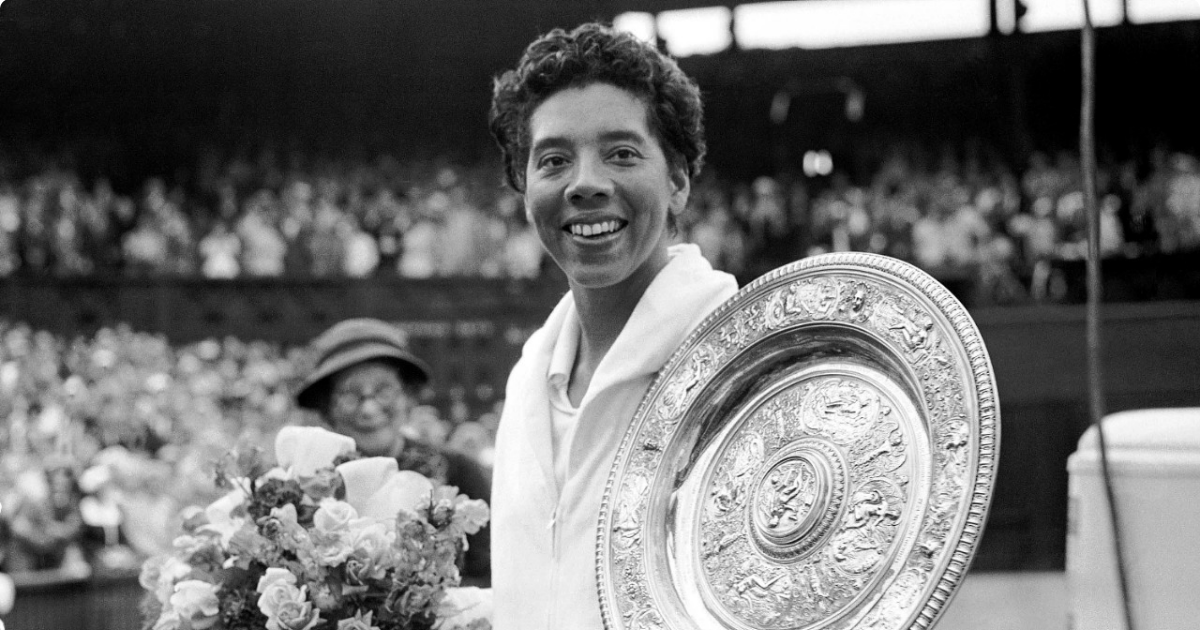
Althea Gibson is first African American to win Wimbledon
On July 6, 1957, Althea Gibson claims the women’s singles tennis title at Wimbledon and becomes the first African American to win a championship at London’s All England Lawn Tennis and Croquet Club.
Gibson was born on August 25, 1927, in Silver, South Carolina, and raised in the Harlem section of New York City. She began playing tennis as a teenager and went on to win the national Black women’s championship twice. At a time when tennis was largely segregated, four-time U.S. Nationals winner Alice Marble advocated on Gibson’s behalf and the 5’11” player was invited to make her U.S. Open debut in 1950. In 1956, Gibson’s tennis career took off and she won the singles title at the French Open—the first African American to do so—as well as the doubles’ title there. In July 1957, Gibson won Wimbledon, defeating Darlene Hard, 6-3, 6-2. (In 1975, Arthur Ashe became the first African American man to win the men’s singles title at Wimbledon, when he defeated Jimmy Connors.) In September 1957, she won the U.S. Open, and the Associated Press named her Female Athlete of the Year in 1957 and 1958. During the 1950s, Gibson won 56 singles and doubles titles, including 11 major titles.
After winning Wimbledon and the U.S. Open again in 1958, Gibson retired from amateur tennis. In 1960, she toured with the Harlem Globetrotters basketball team, playing exhibition tennis matches before their games. In 1964, Gibson joined the Ladies Professional Golf Association Tour, the first Black woman to do so. The trailblazing athlete played pro golf until 1971, the same year in which she was voted into the National Lawn Tennis Association Hall of Fame.
After serving as New Jersey’s commissioner of athletics from 1975 to 1985, Althea Gibson died at age 76 from respiratory failure on September 28, 2003, at a hospital in East Orange, New Jersey.

SPORTS
1933
Major League Baseball’s first All-Star Game is held
On July 6, 1933, Major League Baseball’s first All-Star Game took place at Chicago’s Comiskey Park. The brainchild of a determined sports editor, the event was designed to bolster the sport and improve its reputation during the darkest years of the Great Depression.
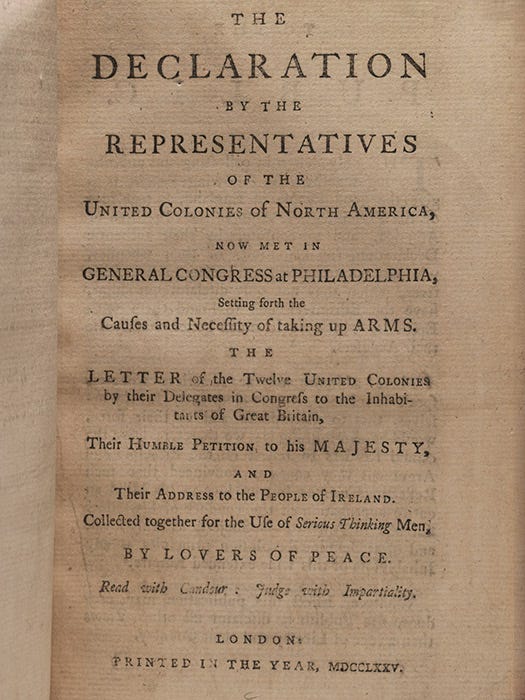
AMERICAN REVOLUTION
1775
Congress issues a “Declaration on the Causes and Necessity of Taking Up Arms”
On July 6, 1775, one day after restating their fidelity to King George III and wishing him “a long and prosperous reign” in the Olive Branch Petition, Congress sets “forth the causes and necessity of their taking up arms” against British authority in the American colonies.

EARLY 20TH CENTURY US
1944
Fire engulfs circus big top in Hartford, killing 167
In Hartford, Connecticut, a fire breaks out under the big top of the Ringling Bros. and Barnum Bailey Circus, killing 167 people and injuring 682. Two-thirds of those who perished were children. The cause of the fire was unknown, but it spread at incredible speed.
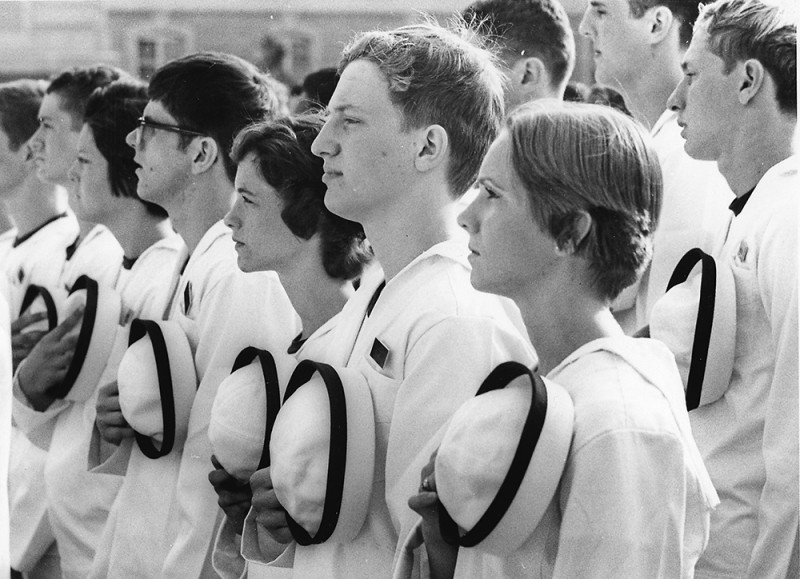
WOMEN’S HISTORY
1976
Women inducted into U.S. Naval Academy for the first time
In Annapolis, Maryland, the United States Naval Academy admits women for the first time in its history with the induction of 81 female midshipmen. In May 1980, Elizabeth Anne Rowe became the first woman member of the class to graduate.

HOLOCAUST
1942
Anne Frank’s family takes refuge
In Nazi-occupied Holland, 13-year-old Jewish diarist Anne Frank and her family are forced to take refuge in a secret sealed-off area of an Amsterdam warehouse. The day before, Anne’s older sister, Margot, had received a call-up notice to be deported to a Nazi “work camp.”

U.S. PRESIDENTS
1946
George Walker Bush is born
On July 6, 1946, George Walker Bush, the son of future President George Herbert Walker Bush, is born in New Haven, Connecticut. When he was two years old, Bush’s parents moved to Texas. where the elder Bush worked in the oil industry. Bush was nicknamed “Dubya” .

1862
Mark Twain begins reporting in Virginia City
Writing under the name of Mark Twain, Samuel Clemens begins publishing news stories in the Virginia City Territorial Enterprise. Born in Missouri in 1835, Clemens followed a circuitous route to becoming an observer and writer of the American West.
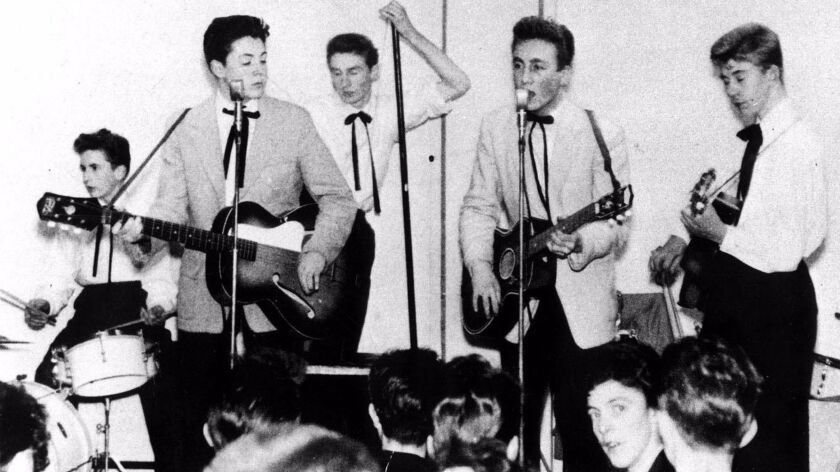
ART, LITERATURE, AND FILM HISTORY
1957
John Lennon meets Paul McCartney for the first time
The front-page headline of the Liverpool Evening Express on July 6, 1957, read “MERSEYSIDE SIZZLES,” in reference to the heat wave then gripping not just northern England, but all of Europe.

RELIGION
1935
Dalai Lama, leader of Tibet, is born
On July 6, an infant named Tenzin Gyatso, future leader of Tibet, is born to a peasant family in Takster, Tibet. At age two, he will be declared the Dalai Lama. In 1937, the child was declared the reincarnation of a great Buddhist spiritual leader and named the 14th Dalai Lama.
![Amazon.com: Forrest Gump (Sapphire Series) [Blu-ray]: Tom Hanks ...](https://images-na.ssl-images-amazon.com/images/I/714Kvax13CL._SL1236_.jpg)
ART, LITERATURE, AND FILM HISTORY
1994
“Forrest Gump” opens, wins Tom Hanks a second Oscar
On July 6, 1994, the movie Forrest Gump opens in U.S. theaters. A huge box-office success, the film starred Tom Hanks in the title role of Forrest, a good-hearted man with a low I.Q.

CRIME
1946
George “Bugs” Moran is arrested
FBI agents arrest George “Bugs” Moran, along with fellow crooks Virgil Summers and Albert Fouts, in Kentucky. Once one of the biggest organized crime figures in America, Moran had been reduced to small bank robberies by this time.
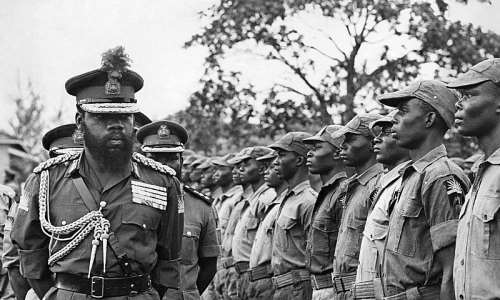
AFRICA
1967
Civil war breaks out in Nigeria
Five weeks after its secession from Nigeria, the breakaway Republic of Biafra is attacked by Nigerian government forces. In 1960, Nigeria gained independence from Britain. Six years later, the Muslim Hausas in northern Nigeria began massacring the Christian Igbos in the region,
TODAY IN HISTORY IN NIGERIA
1947 Major-General Joshua Madaki, born in Manchok, Kaura Local Government in Kaduna State. He later became the Military Governor of Bauchi and Plateau states

1961 Richard Evans Eyimofe Mofe-Damijo, Nollywood actor, born in Delta State

1991 Muda Lawal Nigerian footballer Died
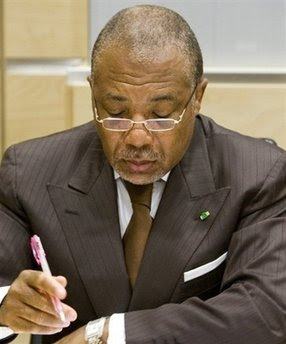
2003 President Olusegun Obasanjo, in Liberia, successfully persuades Charles Taylor to take up asylum in Nigeria and prevent further bloodshed in Liberia

2004 Charles Soludo, the Central Bank of Nigeria Governor made his famous declaration on bank recapitalisation. From a paltry N2 billion, he directed banks to increase their capital base to N25 billion
2010 President Goodluck Jonathan overturned his decision to ban the national football team for two years after their poor World Cup campaign.
Comments
Post a Comment